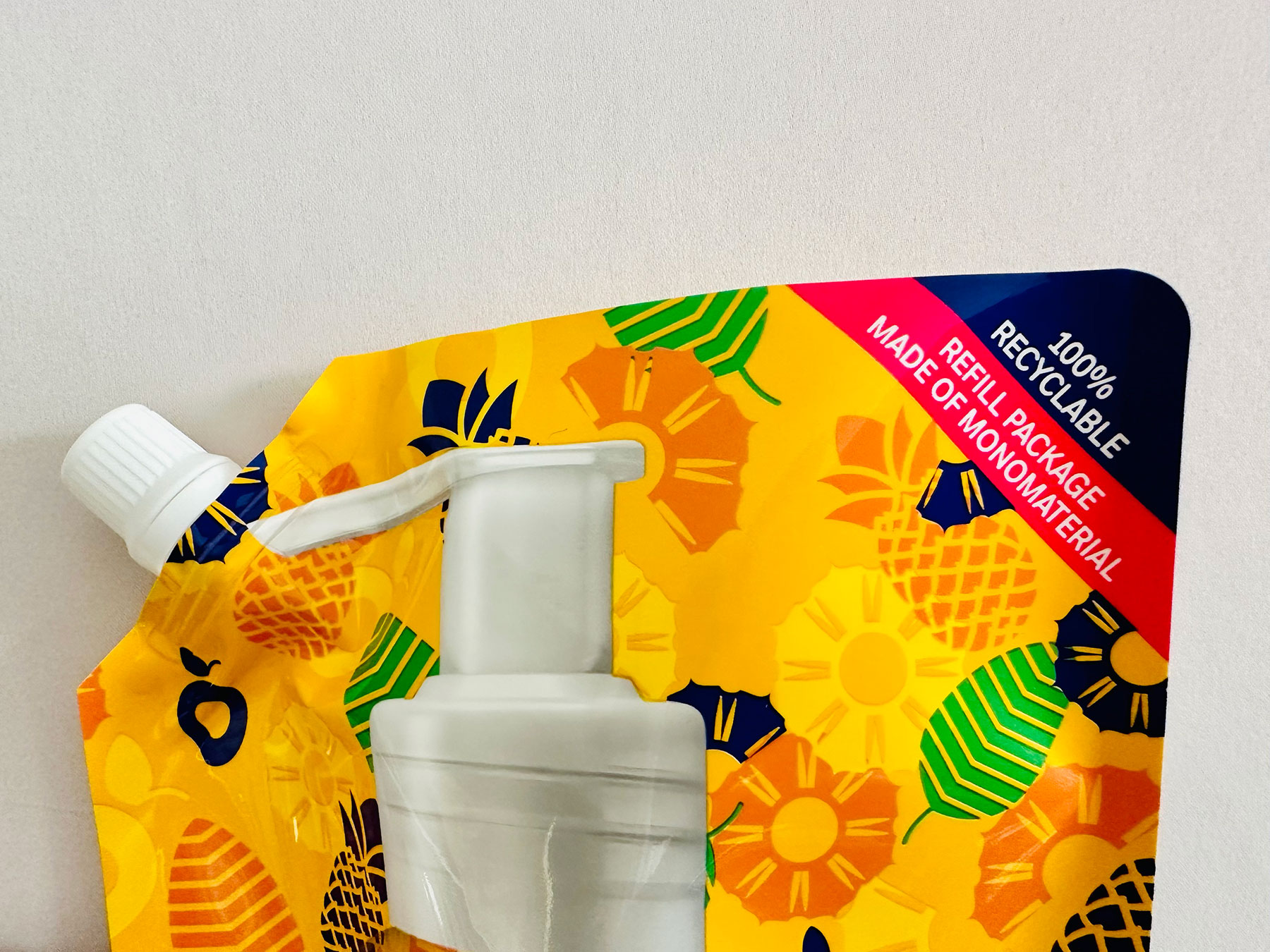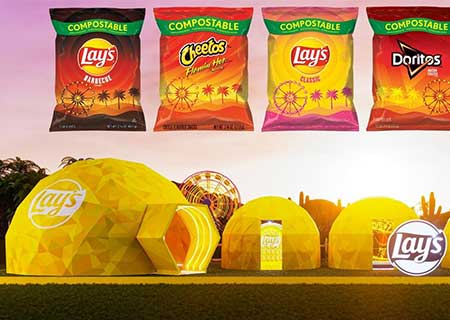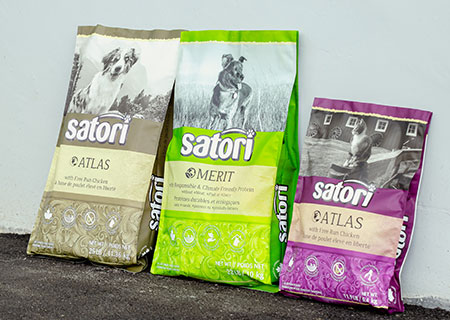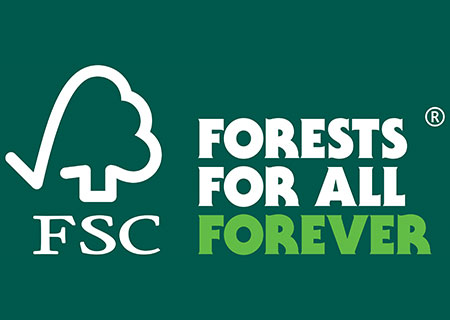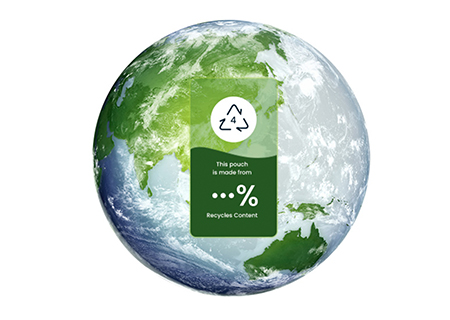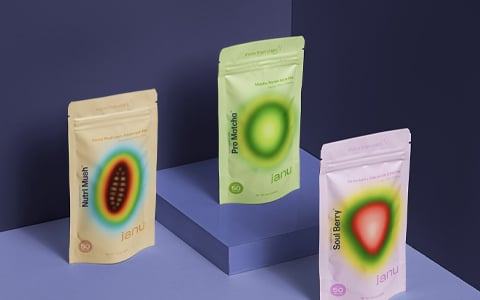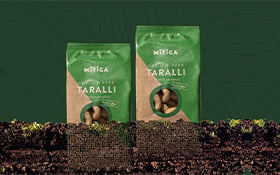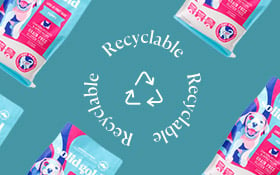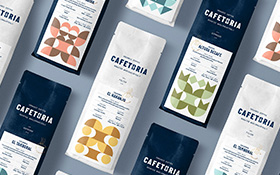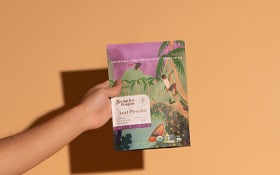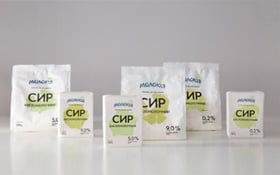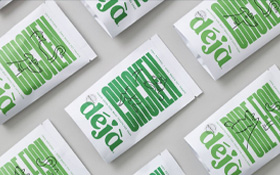"Demystifying Bioplastics: Understanding Biobased Plastics"
In today's world, the term "bioplastics" is commonly used to describe a diverse range of materials. Unfortunately, this can lead to confusion as the terms "bio-based," "biodegradable," and "compostable" are often used interchangeably. Let's untangle this web of terminology and shed light on a sustainable option known as biobased plastics.
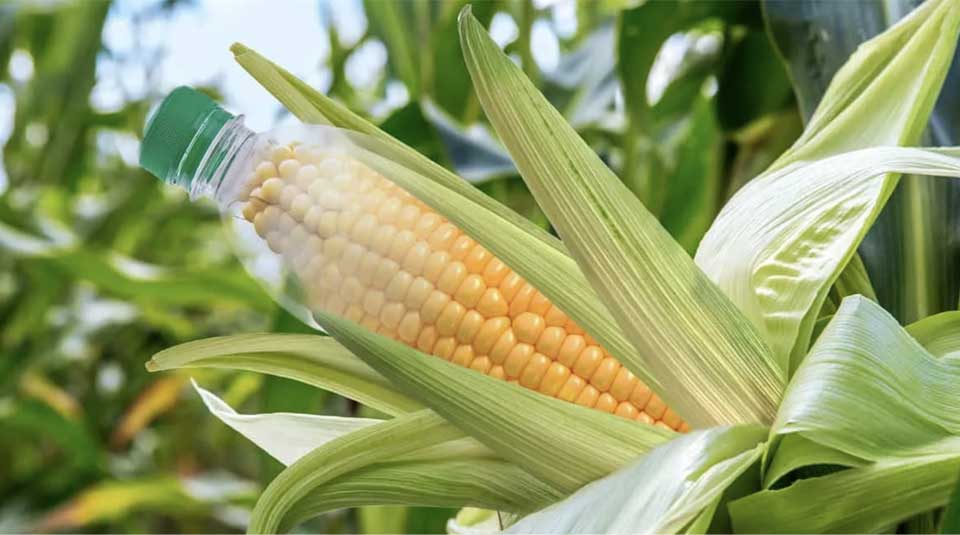
Bioplastics: A Diverse Category
Bioplastics, a broad category, encompass a wide variety of materials. However, it's crucial to recognize that not all bioplastics are the same. They can be classified into different subcategories based on their properties and origins.
The Difference Between "Bio-Based," "Biodegradable," and "Compostable"
Bio-Based Plastics: Bio-based plastics are derived from non-petroleum biological resources such as plants, starches, or algae. They offer an eco-friendly alternative to traditional plastics. However, it's essential to note that bio-based plastics are not necessarily biodegradable or compostable.
Biodegradable Plastics: Biodegradable plastics have the ability to break down into natural components over time. While some biodegradable plastics are also bio-based, not all bio-based plastics are biodegradable.
Compostable Plastics: Compostable plastics are designed to decompose into organic matter under specific environmental conditions. Like biodegradable plastics, compostable plastics may or may not be bio-based.
The Sustainable Potential of Bio-Based Plastics
Bio-based plastics, derived from renewable resources, contribute to reducing our dependence on fossil fuels and lowering the carbon footprint associated with plastic production. They are a sustainable option for a variety of applications, from packaging to automotive parts.
Conclusion: Clarifying the Terminology
In the journey toward a more sustainable future, it's essential to understand the nuances of bioplastics. While the general term "bioplastics" is used broadly, knowing the distinctions between bio-based, biodegradable, and compostable plastics empowers consumers to make informed choices and take a step toward a greener world.
Latest News
